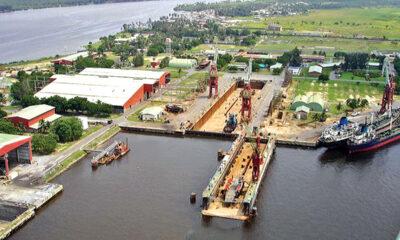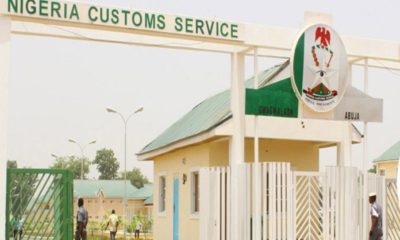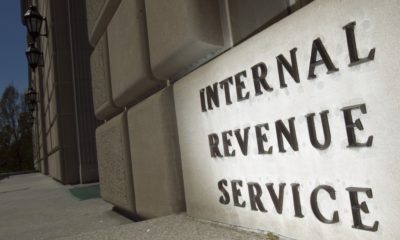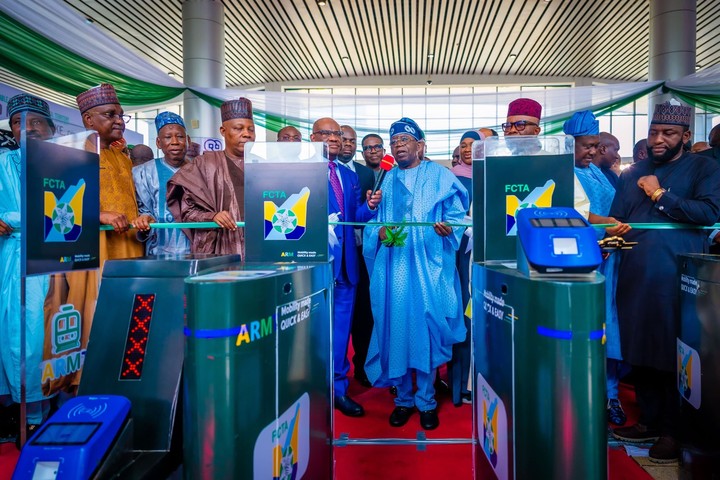President Bola Tinubu announced the extension of free rides on the Abuja Light Rail until the end of the year.
This announcement was made on Wednesday during the re-launch of commercial operations on the Abuja Light Rail, with several key political figures in attendance, including the Minister of the Federal Capital Territory, Nyesom Wike.
The initiative, initially introduced by Minister Wike during a recent ministerial press briefing on President Tinubu’s 12-month performance, initially offered a two-month free ride period.
However, President Tinubu has extended this benefit until December 31st, calling it a gift to the people of Nigeria to help them celebrate and ease transportation challenges.
“Our dear Landlord, the Minister of the Federal Capital Territory (FCT), I have heard you say there will be free train rides for two months. I want to appeal to you to make it until the end of the year. Let us give the people reasons to celebrate,’’ President Tinubu declared.
President Tinubu praised the reopening of the Abuja Metro Line as a significant milestone, lauding Minister Wike for the timely completion of the project. Following his comments, the President, along with the FCT Minister, Vice President Kashim Shettima, Senate President Godswill Akpabio, Speaker of the House of Representatives Tajudeen Abbas, Chief Justice of Nigeria Justice Olukayode Ariwoola, members of the Federal Executive Council, and other dignitaries, took a 40-minute ride from the metro station to the airport station.
Minister Wike, in his address, highlighted the rapid progress made on the metro line following President Tinubu’s directive in September 2023.
He noted that although the metro line was inaugurated in 2018, it remained non-functional due to the lack of essential access roads.
The project was completed within nine months, with the Central Bank of Nigeria, in collaboration with the Coordinating Minister of the Economy, the Minister of Finance, and the Accountant General of the Federation, facilitating the payment of $30 million to the contractors, China Civil Engineering Construction Corporation (CCECC). The construction of the access roads cost N21.4 billion.
Providing further details, the FCT Mandate Secretary for Transportation, Chinedu Elechi, stated that the Abuja Metro Line has 12 trains, each capable of carrying at least 700 passengers, making 14 trips per day.
He added that Lot 1 and 2 of the metro line would run two trips simultaneously every day, with a cumulative capacity of transporting 980,000 passengers monthly within the Federal Capital Territory.
This extension of free rides is expected to significantly benefit the residents of Abuja, offering them a reliable and cost-effective mode of transportation while also encouraging more people to use public transit.
The move underscores President Tinubu’s commitment to improving infrastructure and public services, enhancing the quality of life for Nigerians, and fostering economic growth through better connectivity.
As the year progresses, the continued free service on the Abuja Light Rail is anticipated to be a cornerstone of the city’s transportation network, easing traffic congestion and providing a modern, efficient alternative for daily commuters.

 Naira4 weeks ago
Naira4 weeks ago
 Naira4 weeks ago
Naira4 weeks ago
 Naira3 weeks ago
Naira3 weeks ago
 Naira1 week ago
Naira1 week ago
 Naira4 days ago
Naira4 days ago


 Naira4 weeks ago
Naira4 weeks ago




 Naira2 weeks ago
Naira2 weeks ago
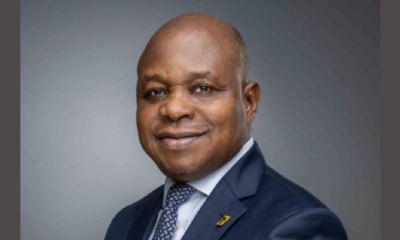

 Appointments3 weeks ago
Appointments3 weeks ago




